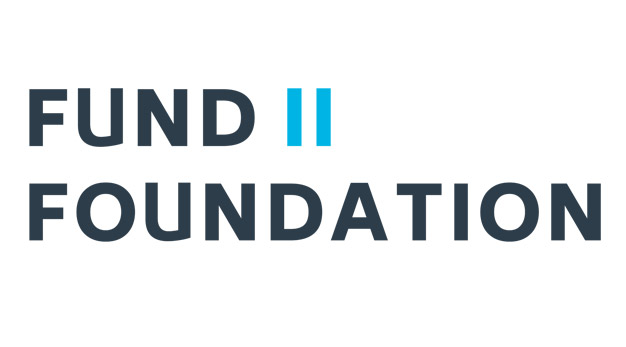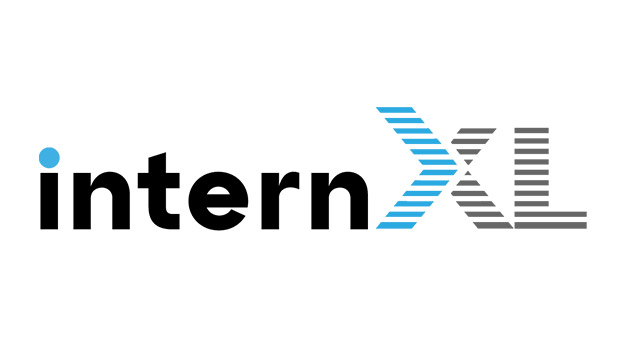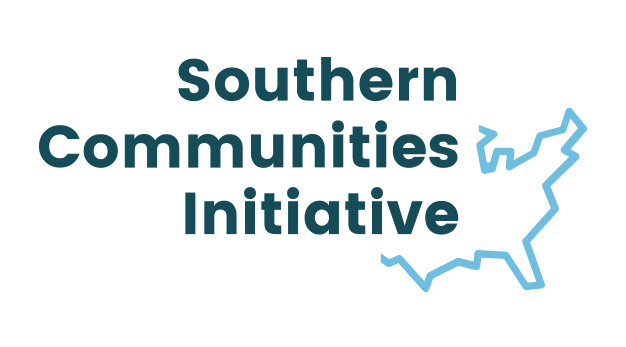Business Case for Diversity

In today’s dynamic and rapidly changing corporate world, diversity is not just a buzzword — it is a strategic imperative for organizations that want to be successful. By creating culturally diverse and inclusive environments, employees from all backgrounds can bring their full selves to the workplace, leading to a more dynamic work environment that drives positive business performance.
Diversity Impacts Company Performance
As more organizations focus on creating racial, gender and income equity, new data reinforces the positive effect of diversity on organizational performance. Inclusive workplace cultures encourage new ways of thinking, making them eight times more likely to achieve better outcomes.
Fueling Innovation and Creativity
A diverse workforce is better equipped to address today’s business and social challenges. According to a 2019 report by the CFP Board Center for Financial Planning, diversity in the workplace is a source of innovation, improving an organization’s ability to understand its target customers by up to 158%.
Additionally, a culture of inclusion opens up communication among team members, creating a catalyst for creative collaboration. This improves problem-solving skills and helps organizations achieve long-term growth. It also builds resilience and adaptability in a changing world.
Over time, the innovations developed at companies prioritizing diversity may boost growth, helping them become more successful than organizations that do not.
Impacting Financial and Market Share Growth
Representation and cultural diversity are directly related to financial performance. Organizations with diverse executive teams outperform competitors by 36%, according to a 2019 report from the Wall Street Journal. In a survey conducted by the Peterson Institute for International Economics, the top 20 most diverse companies surveyed showed a 50% increase in operating profit margins, compared to the least diverse companies surveyed.
Companies that embrace diversity have access to a broader range of perspectives, making them better equipped to serve a diverse customer base. Representation also helps organizations meet the needs of under-leveraged markets. Data from Harvard Business Review shows that “diversity makes companies 45% more likely to see market share growth and 70% more likely to capture a new market.” According to 2018 research from BCG, companies with diverse management teams also reported an innovation revenue increase of 19% compared to companies with below-average diversity across management teams.
Impacting Leadership and Investment Decisions
Organizations that prioritize diversity and inclusion and create a pipeline of diverse talent cultivate a work environment where every employee can access and thrive in various leadership roles. When it comes to private equity (PE) firms, this can help increase representation in the financial services industry. A 2023 study by McKinsey & Company found that Black professionals are among the most disproportionately represented ethnic and racial groups in PE investing roles. In addition, Black professionals only make up a mere 3% of C-suite level executives and hold less than 5% of investment roles at every level of an organization.
PE companies that embrace diversity and inclusion will become more desirable to investment institutions. According to the previously mentioned 2023 McKinsey study, the percentage of PE funds that reported diversity, equity and inclusion (DE&I) metrics to investment institutions rose from 3% in 2008 to 53% in 2023. They are now among the top 10 factors of investment criteria.
Establishing DE&I in the boardroom gives companies a competitive advantage by providing broader perspectives at all levels of the organization. In 2021, Vista Equity Partners established a partnership with the National Association of Corporate Directors (NACD) to increase boardroom diversity. The partnership began with an audit committee pipeline program designed to help business professionals with diverse backgrounds prepare to serve on auditing committees of private and public company boards. Since then, the partnership has grown to include a pipeline program for serving on compensation, nomination and governance committees.
Diversity Increases the Talent Pool
The diversity of an organization directly correlates to the inclusiveness of its talent acquisition pool. Organizations that make it a priority to be inclusive and receptive to all candidates excel beyond organizations that do not. For example, a 2020 report from McKinsey revealed that companies with diverse executive teams were 36% more likely to outperform their industry peers. Currently, the newest generation to enter the workforce is one of the most diverse generations: Gen Z.
According to a 2023 report from Oliver Wyman and The News Movement, Gen Z, also commonly known as “The Change Generation,” is expected to account for a third of the workforce by 2030. As the workforce shifts to embrace a new generation, companies must make it a priority to recruit and retain diverse talent.
Like each generation, Gen Z has a unique perspective on the future of work. Compared to previous generations, Gen Z greatly values diversity and inclusion and makes it a priority to actively advocate for policies and practices that promote equality and fairness within the workplace. According to a 2023 report from Oliver Wyman and The News Movement, Gen Z professionals are 75% more likely to consider other jobs that better align with their values if they feel their current employers are not engaged in social issues. This generation of employees searches for workplaces where their identities are respected and they feel included and valued regardless of race, gender, sexual orientation or background. Organizations need to recognize that incorporating Gen Z’s values of diversity and inclusion is more than just meeting a trend; it is essential for attracting and retaining top talent, fostering innovation and maintaining a positive company culture.
Many different innovative platforms are working to connect Gen Z with employers prioritizing diversity. Developed by Fund II Foundation, internXL is a platform helping more than 25,000 students who lack access to opportunities obtain paid internships at corporations such as Amazon, Cisco, JPMorgan Chase and over 300 other companies.
Student Freedom Initiative (SFI) is working to provide solutions to reduce the burden of student loan debt for eligible students at participating Historically Black Colleges and Universities (HBCUs) and other Minority Serving Institutions (MSIs). Through internXL and SFI, students who traditionally lack access to opportunities will be better positioned for careers in a rapidly growing and competitive workforce.
Diversity Improves Employee Retention
An organization’s commitment to diversity directly impacts employee retention rates, serving as a cornerstone for employee engagement and satisfaction. According to a 2020 study conducted by Deloitte, a diverse and inclusive workplace culture is a top factor in retaining employees. The study also shows that 39% of individuals would leave their current organization for a more inclusive one. And, according to 2023 research by BCG, when a company prioritizes DE&I, their employees are 31% happier.
When employees feel valued, heard and understood, they are more likely to invest themselves in their roles and the success of the organization. Additionally, when employees feel valued at work, they are less likely to seek new employment opportunities, leading to less employee turnover. It is typically much more costly for an organization to hire and train a new employee rather than retain the current employee, so incorporating employee values is a smart way to improve retention and reduce associated turnover costs.
Take a Proactive Approach to DE&I
As the workforce shifts, being proactive with DE&I will be more than just recommended — it will be expected. It is critical to remember that diversity is more than just good for businesses and business goals. It helps to spark societal change, uplift people and communities who lack access to opportunities and create a more equitable world. This work is already being done by organizations like Southern Communities Initiative (SCI), a catalytic consortium dedicated to accelerating racial equity in six Southern U.S. communities where more than 50% of Black Americans reside.
One of the most critical priorities for SCI is to provide people who lack access to opportunities with access to capital through community development financial institutions (CDFIs) and minority depository institutions (MDIs). SCI works to leverage the $340+ billion in corporate racial equity commitments made after the murder of George Floyd to advance corporate and philanthropic racial equity efforts, supporting thousands of Black-owned businesses and minority business enterprises (MBEs).









